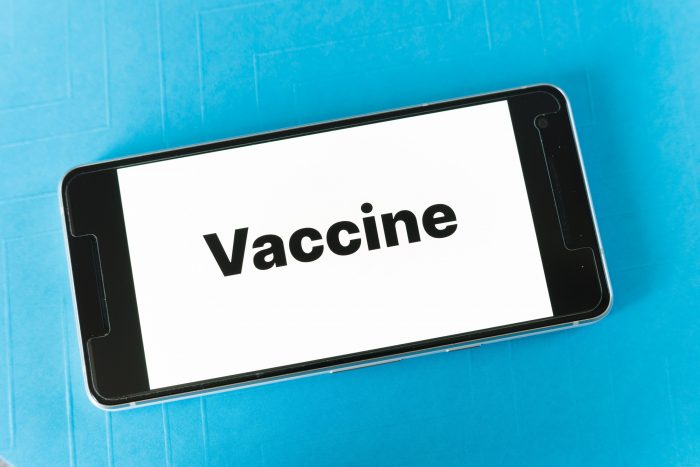Good morning,
I hope you’re having a good week and that you have been able to spend time with some of the resources shared throughout the week.
Today, we’re going to focus on structural racism and how it affects people of color in communities across the country. Gaps in wealth and other economic indicators have long existed between races in America, and this article has very good visualizations of this data and its trends. These gaps occur over generations, and policies like redlining have created disparities that we still see playing out today. The lasting effects of redlining policies can be seen in communities around the country. These effects are explored broadly in The Atlantic’s “Why Black Families Struggle to Build Wealth” and, specifically to Harrisburg, in The Burg’s “My City Was Gone: How Redlining Helped Segregate, Blight Harrisburg”.
The Department of Human Services (DHS) serves more than three million low-income Pennsylvanians. Because poverty disproportionately impacts non-white people, people of color are disproportionately served by DHS-administered public assistance programs. Only 12.9 percent of white Pennsylvanians are below 125 percent of the federal poverty line compared to 32.9 percent of black Pennsylvanians (a poverty rate that is more than 2.5 times higher in comparison). While black Pennsylvanians represent 13 percent of the general population, they make up 25 percent of our Medicaid population, 29 percent of our Supplemental Nutrition Assistance Program (SNAP) population, and 53 percent of our Temporary Assistance to Needy Families (TANF) population.
We need to do a better job of leveraging these programs to help improve the circumstances of the people we serve. This approach alone cannot correct generations of structural disparities, but we must still do the work. DHS has spent the last three years planning a redesign of our employment and training programs, which primarily serve TANF recipients, to focus on how to better support this population and assist them in moving out of poverty. The redesign focuses on getting participants into educational or vocational training programs that they are interested in. It also provides wraparound supports to help them along this journey. Redesigning this program allows us to shift the focus away from keeping clients in compliance with the work requirements and over to what we can do to help them move out of and stay out of poverty.
DHS’s work allows us to interact with and affect people who have not always had the easiest lives. For different people, those challenges come in different ways. We must recognize the effect that structural racism still has today and how it persists. We must then use our work as an opportunity to work against this problem. You can learn more about income inequality in the Economic Security and Economic Development sections of the Racial Equity Tools.
As you read and watch these resources, I encourage you to think about the following questions:
- What stands out to you as you read about the racial wealth gap? Is this something you were familiar with before today?
- What is redlining? Do you see the effects of redlining playing out in your community today?
- Consider the implications of the racial wealth gap in your food system, community, health, and other areas. Do you see disparities playing out in your work?
I also encourage you to have these conversations with your coworkers if you are comfortable and able to do so. This is an opportunity for us to learn together, share our experiences, foster understanding and community, and build stronger bonds through these difficult but extremely necessary conversations. Remember, these articles are meant to be a foundation and introduction that you can build from. They are not the only sources and perspectives on these issues.
Talk to you tomorrow,
Teresa Miller, Secretary of the Department of Human Services














